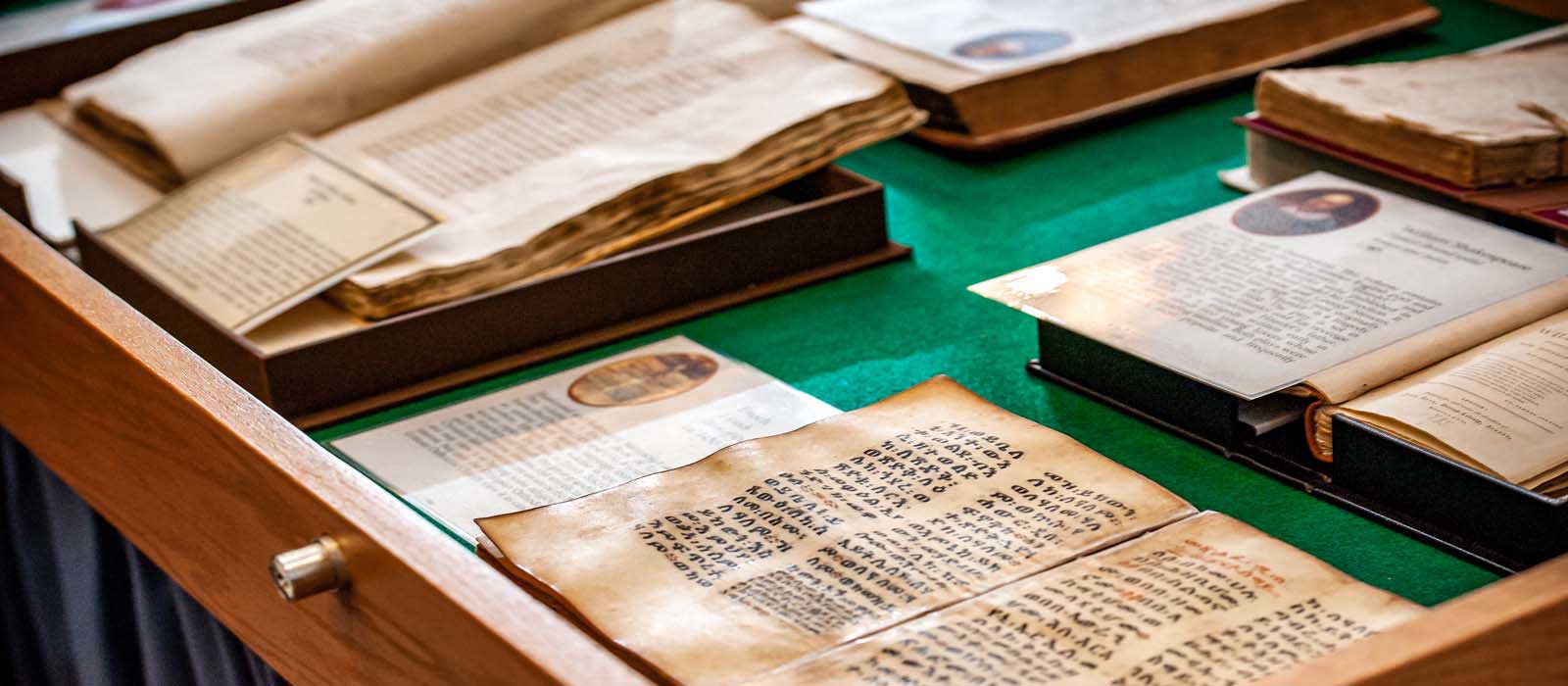De Consolatio Philosophiae by Anicius Manlius Severinus Boethius

Illuminated and Rubricated Manuscript on Paper in Latin.
This manuscript contains “De Consolatio Philosophiae” with an anonymous commentary on Boethius. It was transcribed in an early humanist hand around 1400-1425 in Northern Italy. The Consolation of Philosophy is one of Anicius Manlius Severinus Boethius’ most important works and one of the most influential works in Medieval and early Renaissance Christianity. It was written around 523 A.D. during Boethius’ imprisonment while he awaited his trial for alleged crimes of treason; he would eventually be found guilty and executed. This experience shaped the text. Written as a conversation between Boethius and Lady Philosophy, the two discuss various topics including: the prosperity of evil men and the ruin of good men, human nature, virtue, justice, and free will.
Boethius examined religious questions while relying on natural and Classical Greek philosophy to answer them. Despite these religious questions, Boethius made no references to Christianity, which is often assumed. It was the message of the book that made it so popular because it encouraged readers to seek internal virtues rather than worldly goods such as money and power.
TITLE: De Consolatio Philosophiae by Anicius Manlius Severinus Boethius
Published: 1400-1425
Catalogue: #0681



